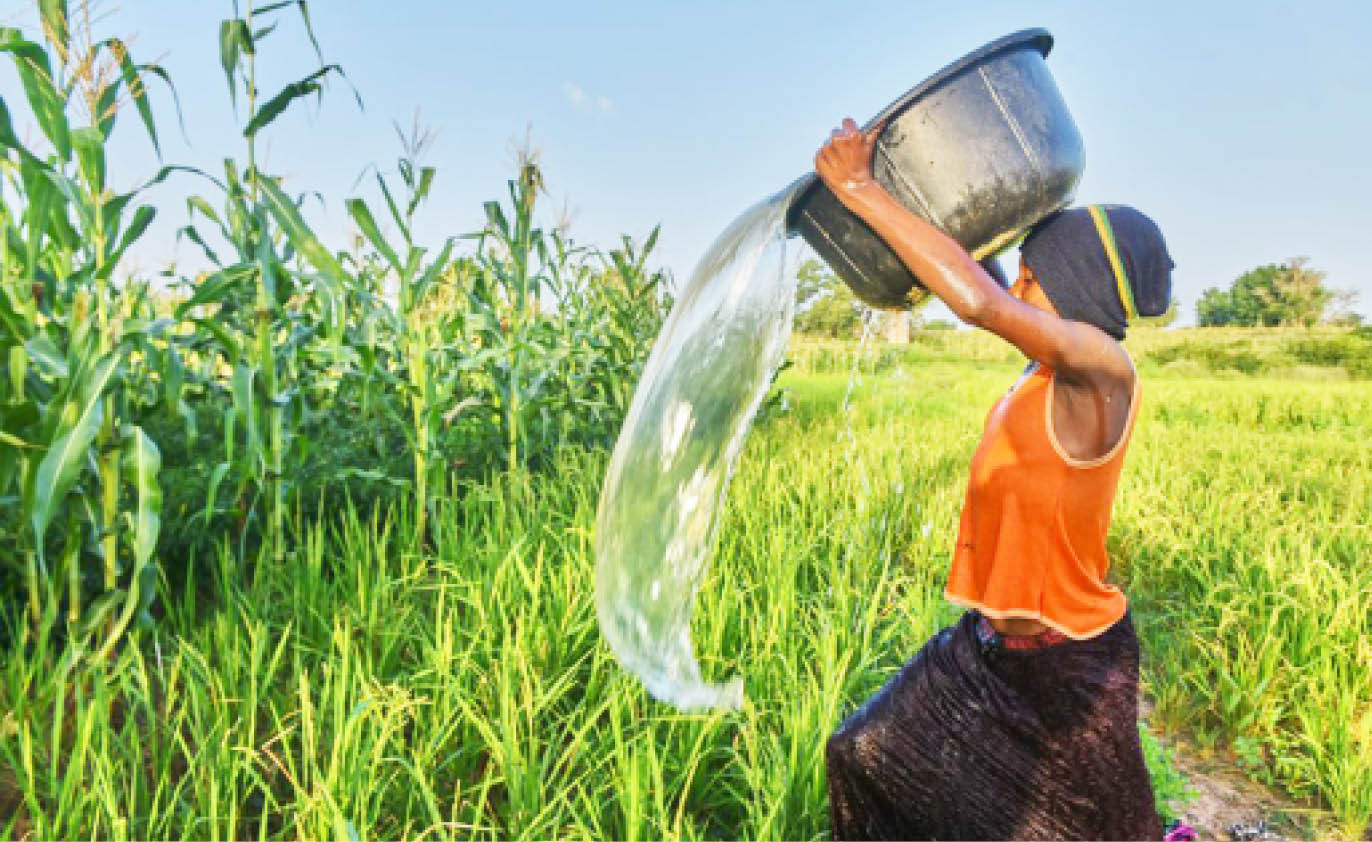There has been a growing apprehension among farmers in Kano State over a dry spell which has started affecting harvest in this year’s farming season.
It was gathered that the draw-out between the beginnings of the rainy season necessitated late planting this year, as such the varieties that require a longer period to mature like sorghum, cowpea among others may be affected.
However, wet-season rice farmers and farmers with crops that last long before maturity were the most vulnerable to the effect of the long dry spell in most areas in the state. It was also gathered that in some places, farmers have begun to hold special prayer sessions for rain.
Similarly, it was observed that due to the dry spell being experienced, crops, particularly the legumes, have started to show signs of wilting while other cereals are also gradually showing the same signs due to inadequate water.
Malam Ubale Hassan, a farmer in Warawa Local Government Area, said farmers are facing a serious threat of losing all their harvest due to the prolonged dry spell, adding that farmers had resorted to seeking divine intervention to address the situation.
“We have held a special prayer session and we are going to continue praying for divine intervention. The truth is that farmers are apprehensive and very scared of the prolonged dry spell,” he said.
In some places where farms are closer to water sources, manual watering has commenced in earnest to save crops as well as minimise the threatening loss.
Malam Buhari Musa, a farmer from Kunchi Local Government Area, said the situation had become so critical that farmers closer to water sources adopted manual watering to save their rice plantations.
“As you can see, I have brought my children to the farm to water the rice plantation manually. Our prayer is for rain to fall even if it is twice; crops are just wilting,” he said.
A Kano-based Agricultural Scientist, Aminu Bala, said with conflicting information coming from the Nigeria Meteorological Agency (NIMET), the farmers were left to their fate, adding that, “It is clear that if it doesn’t rain again, the year’s harvest may be negatively affected”.

 Join Daily Trust WhatsApp Community For Quick Access To News and Happenings Around You.
Join Daily Trust WhatsApp Community For Quick Access To News and Happenings Around You.


